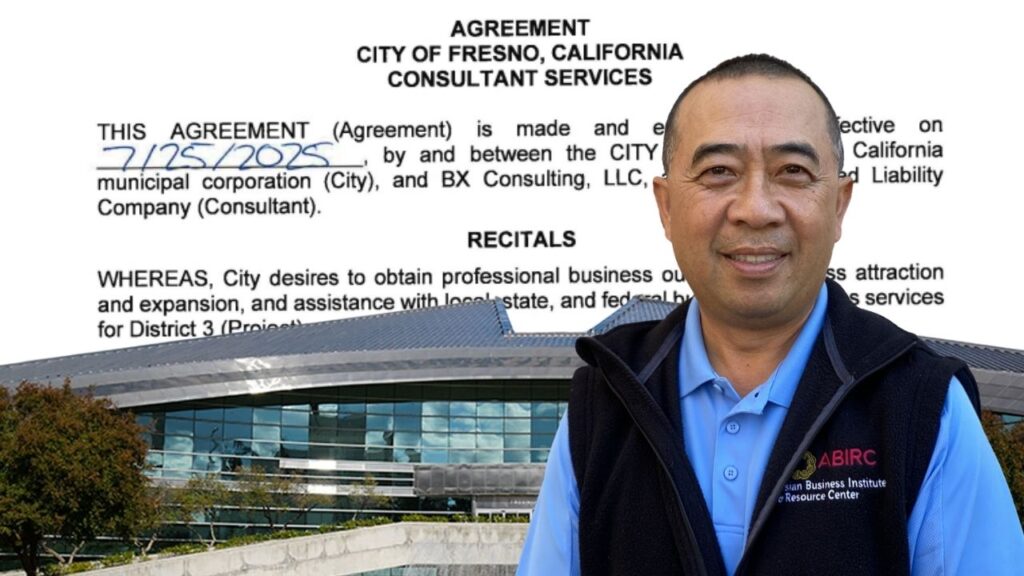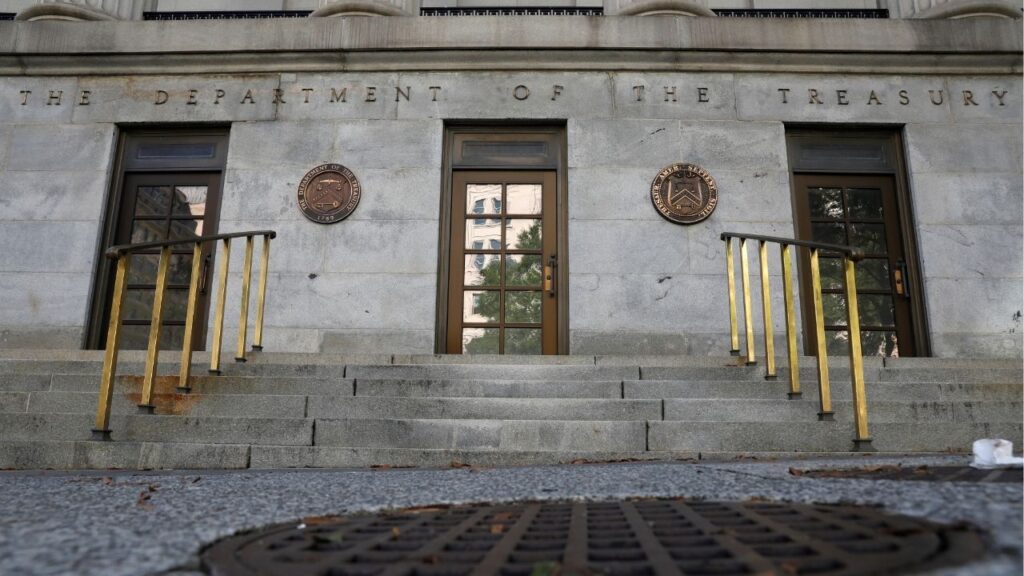Share
When 22 people were killed in El Paso, Texas, and nine more were killed in Dayton, Ohio, roughly 12 hours later, responses to the tragedy included many of the same myths and stereotypes Americans have grown used to hearing in the wake of a mass shooting.

Opinion
Christopher J. Ferguson
I’d like to clear up four common misconceptions about mass homicides and who commits them, based on the current state of research.
Violent Video Games Cause Mass Homicides?
After these latest shootings, President Donald Trump along with other Republican politicians, had linked violent video games to mass shootings.
I’ll admit my surprise, since only last year the Trump administration convened a School Safety Commission which studied this issue, among many others. I myself testified, and the commission ultimately did not conclude there was sufficient evidence to link games and media to criminal violence.
Long-term studies of youth consistently find that violent games are not a risk factor for youth violence anywhere from one to eight years later. And no less than the U.S. Supreme Court declared in 2011 that scientific studies had failed to link violent games to serious aggression in kids.
A 2017 public policy statement by the American Psychological Association’s media psychology and technology division specifically recommended politicians should stop linking violent games to mass shootings. It’s time to lay this myth to rest.
Mass Shooters Are Male White Supremacists?
Early reports suggest that the El Paso shooter was a white racist concerned about Latino immigration. Other shooters, such as the perpetrator of the Christchurch, New Zealand attack, have also been white supremacists.
Overall, though, the ethnic composition of the group of all mass shooters in the U.S. is roughly equivalent to the American population.
Hateful people tend to be attracted to hateful ideologies. Some shootings, such as the 2016 shooting of police officers in Dallas, were reportedly motivated by anti-white hatred. Other shooters, such as the 2015 San Bernardino husband and wife perpetrator team, have espoused other hateful ideas such as radical Islam.
Most mass homicide perpetrators don’t proclaim any allegiance to a particular ideology at all.
Of course, mass homicides in other nations – such as several deadly knife attacks in Japan – don’t involve U.S. race issues.
As far as gender, it’s true that most mass homicide perpetrators are male. A minority of shooters are female, and they may target their own families.
Mental Illness Definitely Is or Is Not to Blame?
Whether mental illness is or is not related to mass shootings – or criminal violence more broadly – is a nuanced question. Frankly, proponents on both sides often get this wrong by portraying the issue as clear-cut.
As far back as 2002, a U.S. Secret Service report based on case studies and interviews with surviving shooters identified mental illness – typically either psychosis or suicidal depression – as very common among mass homicide perpetrators.
Some people suggest mental illness is completely unrelated to crime, but that claim tends to rely on mangled statistics. For instance, I’ve seen the suggestion that individuals with mental illness account for just 5% of violent crimes. However, that assertion is based on research like one Swedish study that limited mental illness to psychosis only, which is experienced by about 1% or less of the population. If 1% of people commit 5% of crimes, that suggests psychosis elevates risk of crime.
It’s also important to point out that the vast majority of people with mental illness do not commit violent crimes. For instance, in one study, about 15% of people with schizophrenia had committed violent crimes, as compared to 4% of a group of people without schizophrenia. Although this clearly identifies the increase in risk, it also highlights that the majority of people with schizophrenia had not committed violent crimes. It’s important not to stigmatize the mentally ill, which may reduce their incentive to seek treatment.
So improving access to mental health services would benefit a whole range of people and, by coincidence, occasionally bring treatment to someone at risk of committing violence. But focusing only on mental health is unlikely to put much of a dent in societal violence.
Mass Homicides Are Becoming More Frequent?
Mass homicides get a lot of news coverage which keeps our focus on the frequency of their occurrence. Just how frequent is sometimes muddled by shifting definitions of mass homicide, and confusion with other terms such as active shooter.
But using standard definitions, most data suggest that the prevalence of mass shootings has stayed fairly consistent over the past few decades.
To be sure, the U.S. has experienced many mass homicides. Even stability might be depressing given that rates of other violent crimes have declined precipitously in the U.S. over the past 25 years. Why mass homicides have stayed stagnant while other homicides have plummeted in frequency is a question worth asking.
Nonetheless, it does not appear that the U.S. is awash in an epidemic of such crimes, at least comparing to previous decades going back to the 1970s.
Mass homicides are horrific tragedies and society must do whatever is possible to understand them fully in order to prevent them. But people also need to separate the data from the myths and the social, political and moral narratives that often form around crime.
Only through dispassionate consideration of good data will society understand how best to prevent these crimes.
[ Deep knowledge, daily. Sign up for The Conversation’s newsletter. ]![]()
Christopher J. Ferguson, Professor of Psychology, Stetson University
This article is republished from The Conversation under a Creative Commons license. Read the original article.
Categories



















